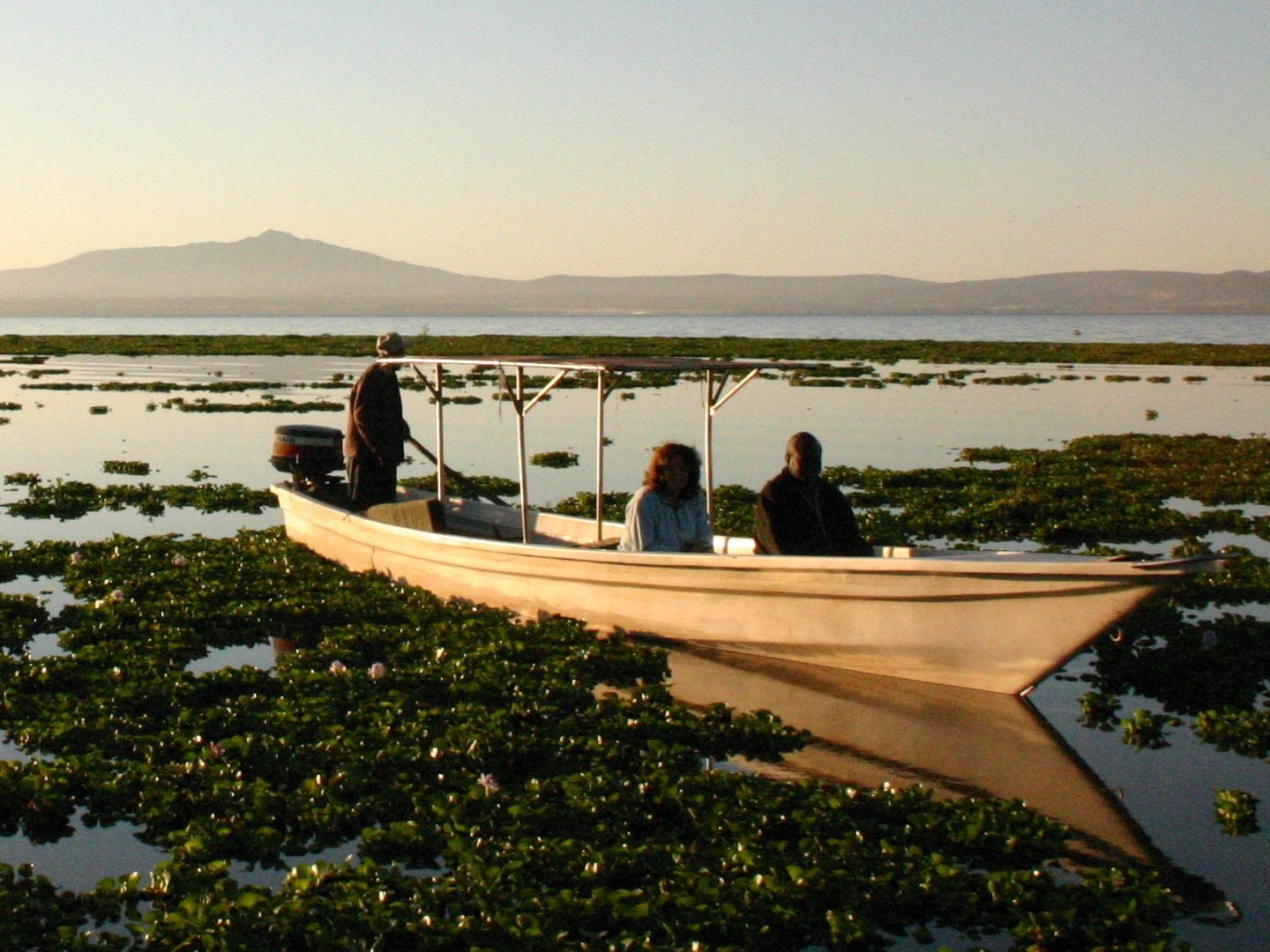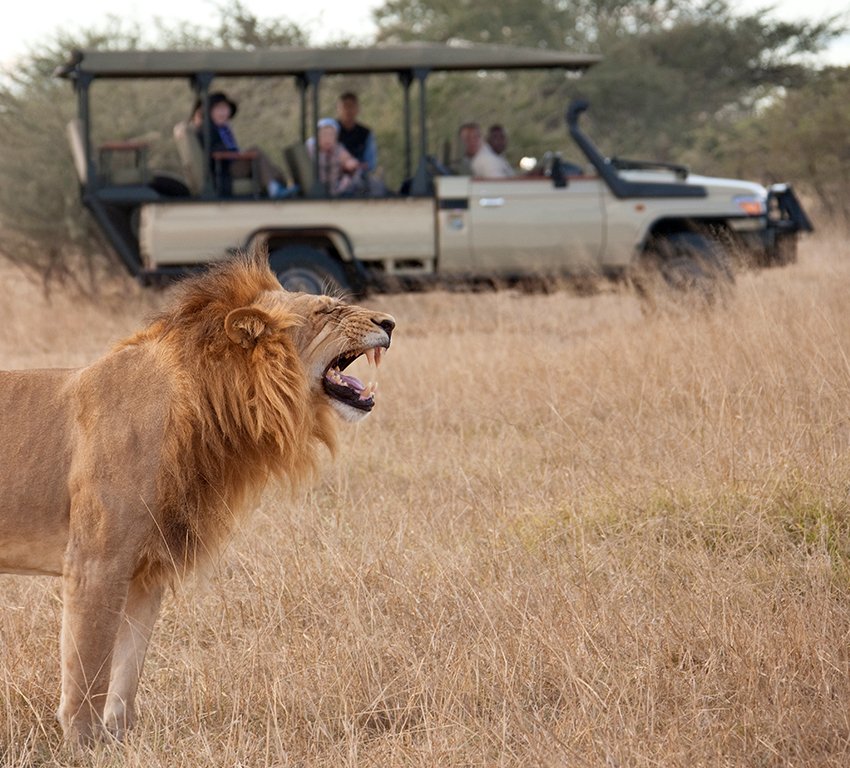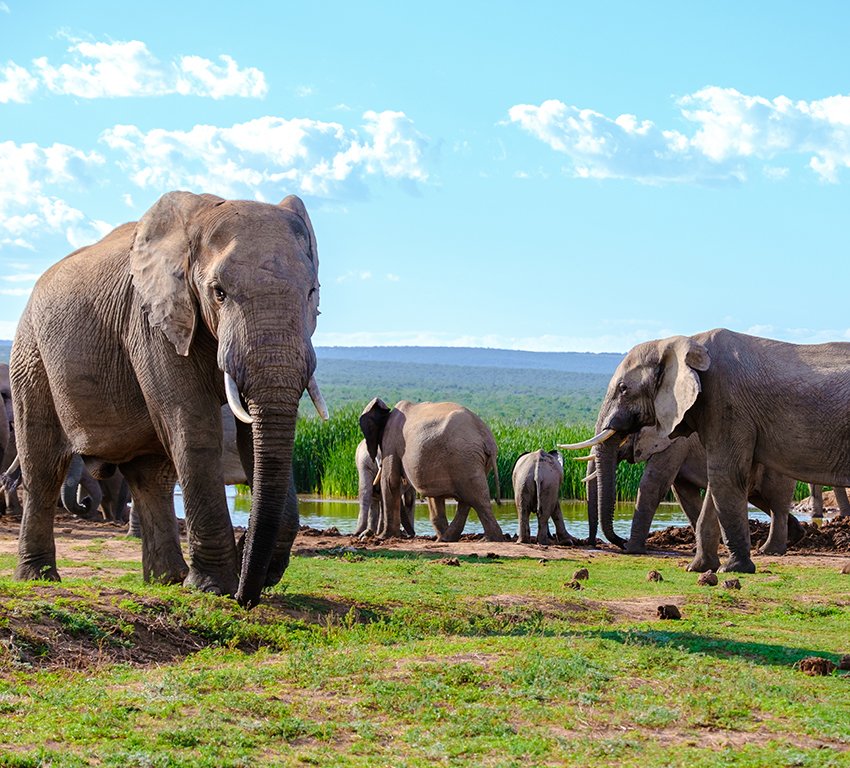Before embarking on your journey to Africa, careful consideration of vaccinations is crucial. Some countries have legal requirements for specific vaccinations upon entry, while others are essential for preventive health measures.
When planning a safari, your first step should be consulting with your general practitioner (GP) or a travel medicine specialist.
We often receive inquiries like, “Which vaccinations are necessary for my safari?” While we specialize in African travel and possess extensive on-the-ground experience, we are not qualified medical professionals. Therefore, it is imperative that you seek guidance from your GP or a travel medicine specialist to determine the best vaccination plan for your specific needs. Their recommendations may depend on various factors, including your travel history and medical background.
Your GP or travel medicine specialist will provide you with up-to-date medical information about the countries you plan to visit, along with personalized advice tailored to your unique medical history. This crucial step should be taken well in advance of your African journey, as consulting with a medical professional is an integral part of your travel preparations.
VACCINATIONS Routine vaccinations you should discuss with your healthcare provider include influenza, MMR (measles, mumps, and rubella), polio, hepatitis A and B, human papillomavirus (HPV), and DPT vaccines (diphtheria, pertussis or whooping cough, and tetanus).

COVID-19
Unfortunately, COVID-19 remains a ongoing concern, and border entry requirements are continually evolving. Before visiting Africa, it is essential to stay informed about the current entry protocols and take appropriate precautions to safeguard your health and that of others.
Some African nations require full COVID-19 immunization for visitors, while others may request negative PCR testing.
Yellow Fever
Yellow fever is transmitted by a specific type of mosquito found in parts of Africa and South America. Fortunately, this disease can be easily prevented with a highly effective vaccination that provides lifelong protection.
Several African countries mandate yellow fever vaccination for entry, and some may request it if you have recently visited a region within the “yellow fever belt.”

Rabies
While encounters with rabid animals are rare, it is still a possibility when traveling. In our three decades of travel to and from Africa, we have not encountered a rabid animal (domestic or wild) on the continent. Furthermore, our guests have maintained a 100% record of remaining unharmed by animal bites or licks, whether from domestic or wild animals.
Malaria
Malaria is a prevalent ailment in Africa but is both preventable and treatable with antimalarial medication.
In addition to medication, you can reduce your risk of mosquito bites by using insect repellent on exposed skin, wearing long-sleeved clothing at night, utilizing a mosquito net, and ensuring your room or tent is securely sealed at night.
While we specialize in African travel, we must emphasize that we are not medical professionals. While we are well-equipped to assist you with many aspects of your African journey, we strongly recommend consulting a medical professional for your healthcare needs.













